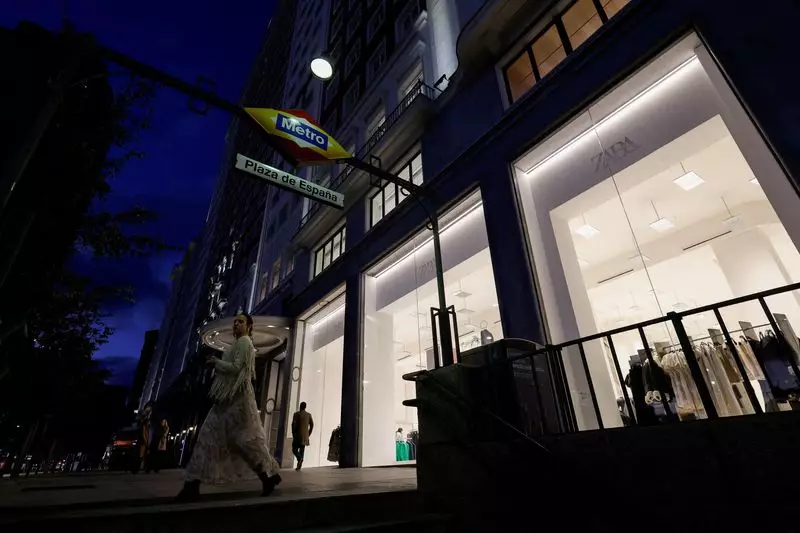The world of intellectual property is often rife with clashes, especially when it involves name similarities among prominent brands. Recently, this scenario unfolded in Spain, where Sicilian coffee roaster Zicaffe voiced concerns regarding Inditex, the fashion giant behind the Zara brand, over its newly launched café chain named Zacaffe. This dispute centers on the argument that the names Zicaffe and Zacaffe bear too close a resemblance, potentially leading consumers to a state of confusion which could harm Zicaffe’s brand identity.
Zicaffe’s formal objection was submitted to the European Union Intellectual Property Office (EUIPO) on December 25, revealing the family’s notable commitment to safeguarding their uniqueness in a competitive market. The claim raised by Zicaffe stipulates that the phonetic and visual similarities exemplified by the prefixes “zi” and “za” can lead to an unfair advantage for Inditex, ultimately jeopardizing Zicaffe’s established recognition within the industry. This assertion highlights the vital importance of protecting brand integrity, especially for family-owned businesses that thrive on their historical reputation and quality.
Inditex’s move into the coffee shop sector represents a strategic expansion beyond fashion retail, aiming to enhance the shopping experience for its clientele. With the launch of its first Zacaffe café within a Zara Man store in Madrid, the company is attempting to incorporate a novel level of customer engagement by integrating café services into its retail offerings. This venture follows a series of pilot projects in key European cities where coffee areas within stores showed promise, particularly in locations like Paris and Lisbon.
The decision to introduce independent coffee outlets reflects a broader trend seen in retail, where experience-based shopping is becoming crucial. For Inditex, a brand synonymous with fast fashion, the introduction of gastronomical offerings could provide a unique selling proposition. However, this diversification raises questions about brand identity and consumer perceptions, especially in light of the ongoing contention with Zicaffe.
As this dispute progresses, both parties are preparing for a potential legal battle that may attract attention beyond the fashion and coffee sectors. Given the EUIPO’s procedural timeframe, which allows for appeals and offers a platform for opposition, Zicaffe’s protest has been duly noted, and time is running out for additional opposition submissions before the January 10 deadline.
As the world’s largest publicly traded fast-fashion retailer, Inditex possesses the resources to navigate such disputes efficiently, but it must weigh the potential backlash from consumers if perceived as overstepping in claiming a name closely connected to a beloved coffee roaster. The outcome of this case could set a precedent regarding brand name similarities within the EU market, particularly among diversified business sectors.
The unfolding saga of Zicaffe versus Inditex illustrates the intricate relationship between branding and consumer identity. It poses a crucial question: To what extent should companies be allowed to borrow elements from established brands, even when their intentions may be far removed from any wrongdoing? Regardless of the eventual outcome, this case underscores the perpetual battle brands face in the realm of intellectual property, where the lines between inspiration and imitation can sometimes become inadequately blurred. As consumers await the resolution, the legal and ethical implications of this brewing dispute will remain a focal point in the conversation around brand integrity.

